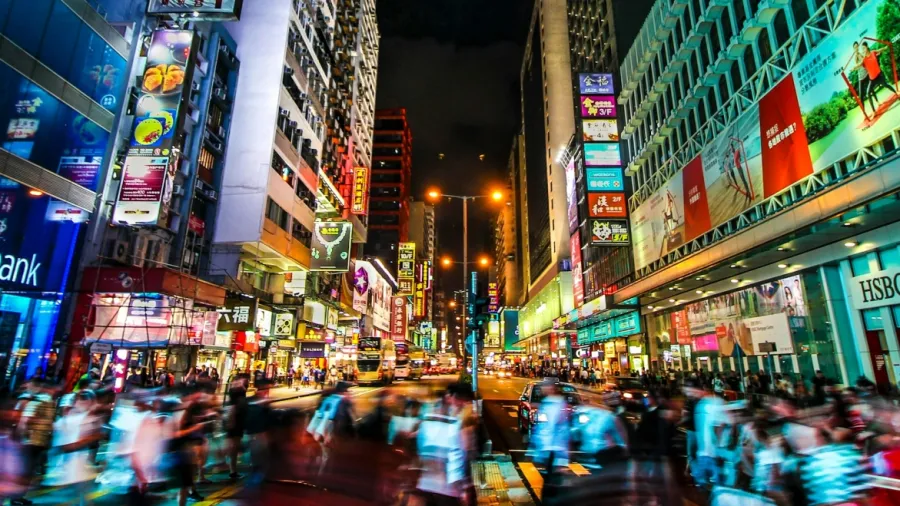
Hong Kong losing appeal as shopping mecca due to tariffs
Mainland Chinese tourists may turn to Japan and Korea for better value.
Hong Kong’s status as a shopping haven for Mainland Chinese tourists is fading as rising prices of imported US goods due to high tariffs drive shoppers away.
“There’s been a surge in interest from mainland Chinese tourists for US goods in Hong Kong, but conversion rates remain low,” Sean Fu, senior vice president for Greater China at Global Payments, told Retail Asia.
They are likely to look elsewhere, perhaps Japan and South Korea, which both have a reputation for quality, he added.
“South Korea is particularly appealing for beauty and skincare products, which are highly favored by Chinese consumers, whilst Japan is renowned for electronics, household goods, and health supplements,” Fu said.
“Both countries also have strong cultural resonance with Chinese buyers and are perceived as offering excellent value for money,” he added.
The US and China last month agreed to pause the trade war that risked upending the global economy. Under the trade truce struck at a meeting in Geneva, the US cut tariffs on Chinese goods to 30% from 145%, whilst China's retaliatory duties on US products dropped to 10% from 125%.
“Chinese tourists are still keen on purchasing in Hong Kong during their trip items that have a significant price gap, limited editions or Hong Kong exclusives, and of authentic quality,” said Prudence Lai, a consultant at Euromonitor International.
Hong Kong retail sales declined for the 14th consecutive month in April, dropping 2.3% from a year earlier, according to government data.
Lai said this reflects both a slow rebound in tourism and local consumers reining in spending amidst rising prices.
Euromonitor expects retail sales to continue dropping this year as the market adjusts to weaker tourism receipts and increased cross-border shopping by Hong Kongers.
“Hong Kong locals are increasingly becoming cost-conscious with the current unstable macroeconomic outlook,” Lai said. “In fact, 67% of Hong Kong respondents are concerned the cost of everyday items is going up in 2025,” she added, citing Euromonitor’s latest consumer survey.
More than 80% of Hong Kong tourist arrivals this year are expected to come from the Asia-Pacific region, according to Euromonitor.
“This reliance on intra-regional travel means Hong Kong as a destination is relatively immune to the tourism flow uncertainties from US trade and immigration policies,” she said.
Under the "Total Trump Agenda" scenario, the region’s inbound arrivals are forecast to drop by as much as 5%, Lai said.
“Other than a slow recovery in tourism expenditure especially from major source market China, Hong Kong locals are reallocating their wallet share for the best value for money,” she added.
Local retailers should diversify their products to include premium goods from markets other than the US, Fu said.

















 Advertise
Advertise






